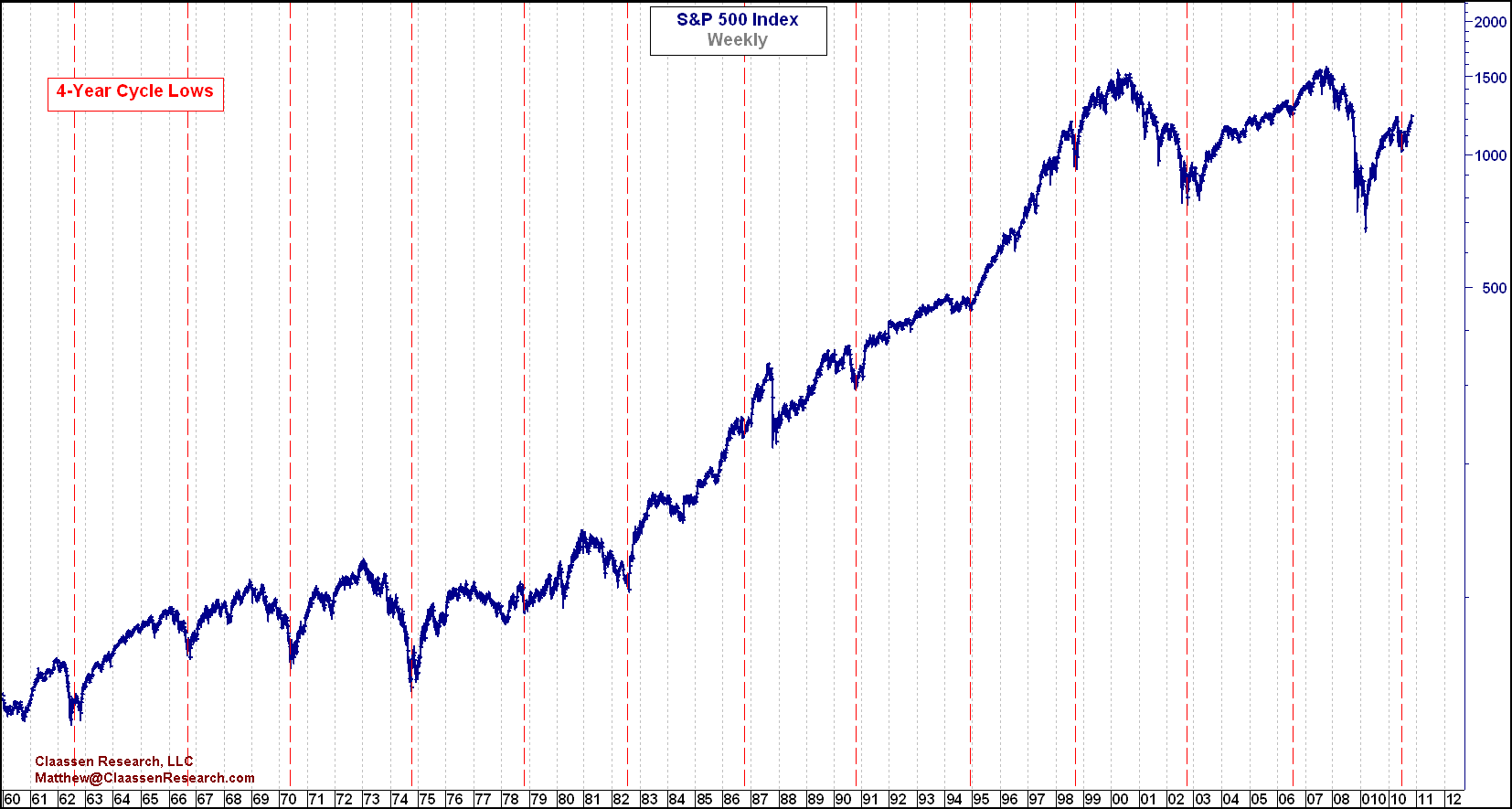Sign in - Google Accounts.
Fidelity S Amp P 500
suffix forming almost all Modern English plural nouns, gradually extended in Middle English from Old English -as, the nominative plural and accusative plural ending of certain 'strong' masculine nouns (cf. dæg 'day,' nominative/accusative plural dagas 'days'). The commonest Germanic declension, traceable back to the original PIE inflection system, it is also the source of the Dutch -s plurals and (by rhotacism) Scandinavian -r plurals (e.g. Swedish dagar).
709 • Li 1996, p. 28 • Szeto 2011, p. 709 • Szeto 2011, p. 708–709 • Li 1996, p. Film kungfu china kuno. 709 • Li 1996, p.
Now, um, usually I don't do this but uh. Freakin weekend meme.

Much more uniform today than originally; Old English also had a numerous category of 'weak' nouns that formed their plurals in -an, and other strong nouns that formed plurals with -u. Quirk and Wrenn, in their Old English grammar, estimate that 45 percent of the nouns a student will encounter will be masculine, nearly four-fifths of them with genitive singular -es and nominative/accusative plural in -as. Less than half, but still the largest chunk.
The triumphs of -'s possessives and -s plurals represent common patterns in language: using only a handful of suffixes to do many jobs (e.g. -ing), and the most common variant squeezing out the competition. To further muddy the waters, it's been extended in slang since 1936 to singulars (e.g. ducks, sweets, babes) as an affectionate or diminutive suffix.

S Amp P 500 Index
Old English single-syllable collectives (sheep, folk) as well as weights, measures, and units of time did not use -s. The use of it in these cases began in Middle English, but the older custom is preserved in many traditional dialects (ten pound of butter; more than seven year ago; etc.). Xforce keygen autocad 2010.